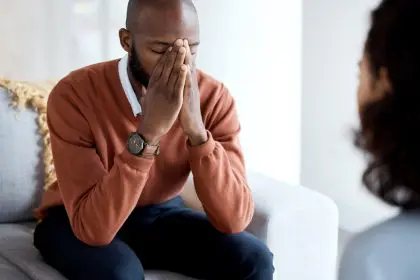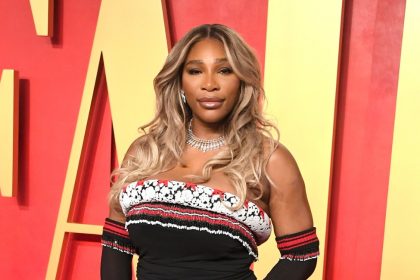
When gangsta rap superstar Eric “Eazy-E” Wright died in March of 1995 due to complications from AIDS, the tragic loss was considered a “wake-up call” for a generation of young, Black men who hadn’t taken the scourge of HIV seriously. Even with the high-profile infection of Lakers star Earvin “Magic” Johnson and the death of tennis great Arthur Ashe, the epidemic was still very peripheral for many young people who were fans of hip-hop. But Eazy’s seemingly sudden death was a jarring reminder that this disease was out there and anyone could become a casualty.
In the 20 years since, do we still hold the same prejudices toward HIV/AIDS? And have we changed as a culture in a way that addresses the seriousness of this disease? Daniel Driffin works for the University of Connecticut’s SHARE project and helps to host research trials and behavioral interventions to help individuals become safer regarding the risks. Driffin has worked in the field of prevention for more than a decade and offered his perspective on the current state of HIV awareness in the black community and who’s most affected by an epidemic that continues to disproportionately impact certain groups. And he explains the behaviors that can lead to HIV infection.
“Condomless sexual partners over six months or so, having tested positive for an STI over the past year,” Driffin says of high-risk behaviors. But he also acknowledges that a part of the issue is still widespread ignorance and ambivalence about this disease. “When we look at the stigma, there’s still an increased amount of stigma regarding HIV diagnosis and also awareness. I think if you are not living with HIV or affected by HIV, it goes totally under your radar.
“We totally see HIV as driven by larger context. The largest thing is definitely healthcare access. So if someone does not have health insurance and they find out they’re living with HIV, their outcomes are more negative as compared to someone with health insurance… The ordinary citizen should still get tested and know your status. If you are living with HIV, get connected to care. Once you are connected to care…we know through amazing science projects that people who are undetectable will not transmit HIV or have a lower likelihood of transmitting HIV if they are having condomless sex with partners. So get tested and getting connected to care.”
And Driffin wants the public to understand their options.
“Condoms are also very effective, but we also have newer prevention options,” he says. “Pre-exposure prophylaxis is a pill that you can take. If you’re HIV negative and you take it everyday, it increases your chances up to 96 percent of not contracting HIV if you had sex with someone who was HIV positive but undetectable.”
Getting tested, being linked to care and preparatory options are the keys that Driffin feels can help curb the spread of HIV in the African American community.
“I definitely think as a community overall, the African American community is still highly disproportionately affected by HIV. We’re 13% of the population but 40 percent of the people affected by HIV are Black and Brown people,” he says. “But we are seeing black people knowing their status and being linked to care. That is a total improvement. More Black and Brown people are being linked to health care. Additionally, we’ve seen decreases in women affected by HIV. it’s been going down for the last few years.
“We have all the tools to end HIV in this lifetime,” Driffin feels. “It’s just about putting it all together.”









